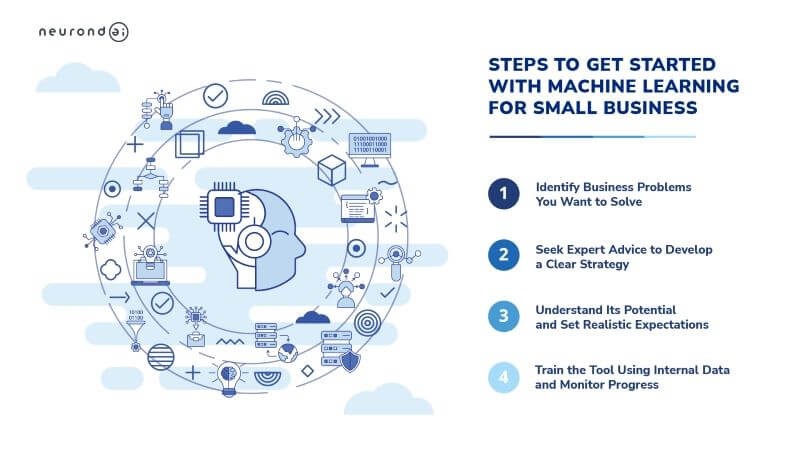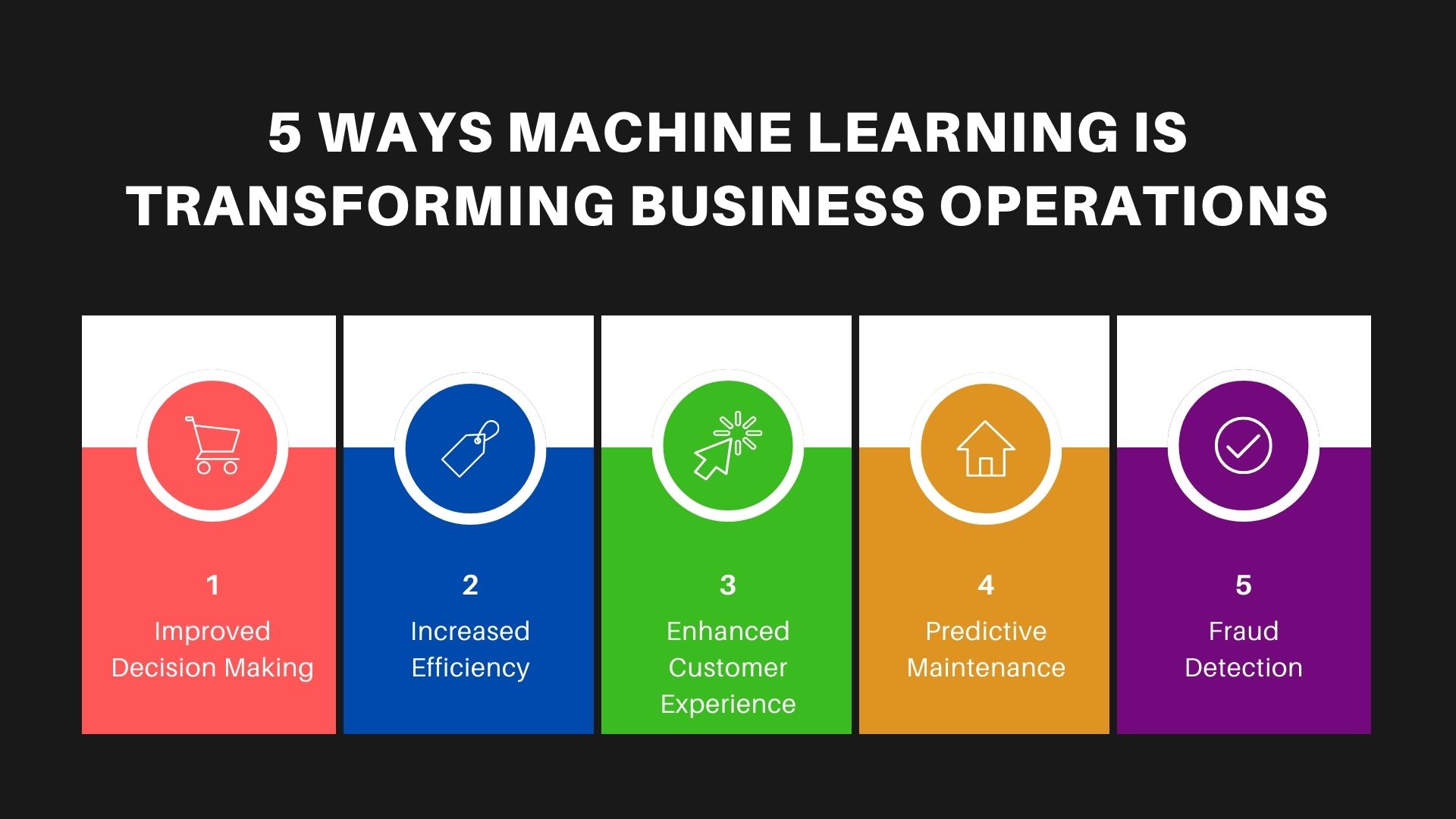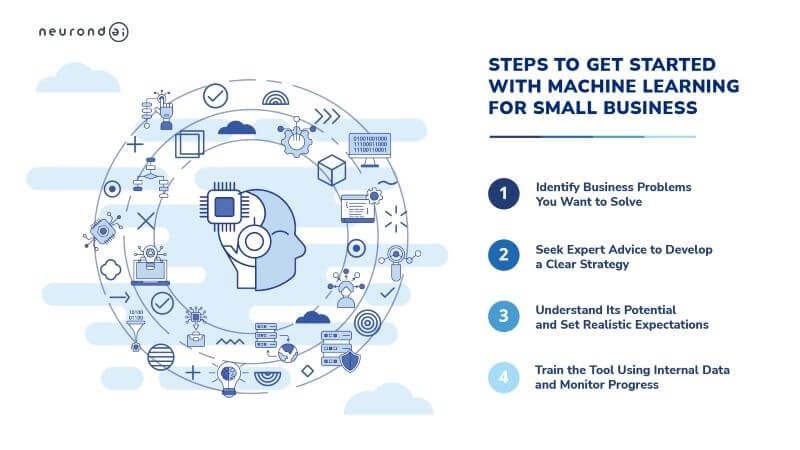
Understanding Machine Learning in Startups
Definition of Machine Learning
Machine learning (ML) is a subset of artificial intelligence that focuses on the development of algorithms capable of learning from and making predictions based on data. Rather than being explicitly programmed for each task, these algorithms learn from past experiences to improve their accuracy over time. Imagine teaching a child to recognize animals; you show them many pictures, and over time, they learn to identify and classify animals independently.
Relevance of Machine Learning in Startups
For startups, machine learning is not just a buzzword; it’s a game-changer. Here’s why:
- Data-Driven Decisions: Startups often operate on limited resources, making effective decisions crucial. ML aids in analyzing trends and customer behavior.
- Competitive Edge: The ability to predict market shifts or customer preferences can set a startup apart from its competition.
- Scaling Solutions: As startups grow, ML can adapt, handling increased data loads without significant human intervention.
Incorporating machine learning early on can tremendously impact a startup’s trajectory towards success.

Benefits of Implementing Machine Learning
Improved Decision Making
Implementing machine learning equips startups with robust tools for making better, data-driven decisions. By analyzing patterns and extracting insights from vast amounts of data, businesses can minimize guesswork. For instance, a startup might use ML algorithms to forecast sales trends accurately.
Enhanced Customer Experience
Personalization is key in today’s market. Machine learning can help tailor experiences to individual customer preferences. For example, an e-commerce startup might leverage ML to offer personalized product recommendations based on previous purchases. This level of customization fosters greater customer loyalty and satisfaction.
Cost Reduction and Efficiency
Lastly, ML streamlines operations, leading to significant cost savings. By automating routine tasks, startups can allocate resources to more strategic initiatives. This not only enhances operational efficiency but also allows teams to focus on innovation, ultimately paving the way for growth.
Overall, the integration of machine learning transforms startup operations, driving them towards success.

Steps to Implement Machine Learning in Your Startup
Define Your Objective
To effectively implement machine learning, start by clearly defining your objective. What problem are you trying to solve? Whether it’s optimizing inventory levels or improving customer segmentation, having a focused goal will guide your entire ML journey.
Data Collection and Preparation
Next, gather relevant data. This can include customer feedback, transaction records, or website analytics. Ensure that your data is clean and properly formatted. Imagine trying to build a puzzle with pieces from different sets; it won’t work!
Selecting the Right Algorithm
Choosing the right algorithm is crucial. Your choice will depend on your specific objective. For example, if you are looking to predict outcomes, regression algorithms might be ideal.
Model Training and Evaluation
Once you’ve selected your algorithm, it’s time for model training. Feed your prepared data into the algorithm and let it learn. After training, evaluate the model’s performance using metrics that matter to your objectives.
Integration and Deployment
Lastly, integrate the model into your existing systems. Ensure that your team is trained to use the model effectively. With everything set up, you can start reaping the benefits of machine learning, paving the way for informed decision-making and enhanced customer experiences!

Overcoming Challenges in Implementing Machine Learning
Data Quality and Quantity
Despite the benefits, startups often face challenges, particularly in data quality and quantity. If the data is inaccurate, incomplete, or biased, the results can lead to poor decisions. Imagine trying to bake a cake with outdated ingredients—unexpected outcomes are guaranteed! To counter this, establish rigorous data cleaning protocols and consider augmenting datasets with third-party sources.
Skill Gap and Resources
Another significant hurdle is the skill gap within teams. Many startups operate on tight budgets and may not have access to data scientists. Collaboration and training are vital here. Encourage team members to take online courses or attend workshops to boost their ML knowledge.
Ethical Considerations
Lastly, ethical considerations cannot be overlooked. As machine learning becomes more prevalent, it’s essential to ensure fairness and transparency in algorithms. Startups should establish guidelines that prioritize ethical standards, avoiding biases and ensuring data privacy. By addressing these challenges head-on, startups can pave the way for successful machine learning implementations.

Case Studies: Successful Integration of ML in Startups
Company A: Revenue Optimization through ML
Take, for instance, Company A, a small e-commerce startup. By implementing machine learning algorithms to analyze customer purchasing patterns, they could accurately predict demand for products. This led them to optimize their inventory levels, reducing overstock and minimizing lost sales due to stockouts. As a result, their revenue increased by 30% within just six months! The key takeaway here is that data-driven insights can significantly enhance financial performance.
Company B: Personalized Recommendations
Similarly, Company B, a location-based service startup, leveraged machine learning to offer personalized recommendations to users. By analyzing user behavior, preferences, and interaction data, they created tailored suggestions for restaurants and activities. This approach not only boosted user engagement but also increased app downloads by 50%. The success of both companies highlights the transformative impact of machine learning in driving growth and enhancing customer satisfaction. It’s clear that the right ML strategies can lead to remarkable outcomes!

Future Trends and Opportunities in ML for Startups
Automating Routine Tasks
As we look toward the future, one prominent trend is the automation of routine tasks. Startups can leverage machine learning to handle repetitive processes, freeing up valuable time for teams to focus on strategic initiatives. Imagine a marketing team that spends less time on data analysis and more on creative campaigns!
Predictive Analytics for Growth
Another exciting opportunity lies in predictive analytics. Startups can utilize ML to forecast market trends and customer behaviors, enabling them to pivot quickly and effectively. For example, a food delivery startup might analyze seasonal trends to optimize their menu offerings, thus enhancing customer satisfaction while boosting sales.
AI-Powered Customer Service
Lastly, AI-powered customer service is set to transform interactions. Chatbots and virtual assistants can provide instant support, addressing common queries while allowing human agents to tackle more complex issues. This not only improves customer experience but also reduces operational costs. These future trends represent significant opportunities for startups to innovate and grow in an increasingly competitive landscape.

Conclusion and Key Takeaways
Recap of Implementing ML in Startups
In conclusion, implementing machine learning in startups can revolutionize the way they operate and compete. From improved decision-making to enhancing customer experiences, ML offers various benefits that can drive growth and efficiency. As we’ve seen through examples like Company A and Company B, leveraging data insights can lead to notable revenue increases and customer loyalty.
Importance of Continuous Learning and Adaptation
Yet, the journey doesn’t end here. The landscape of machine learning is ever-evolving, making continuous learning crucial for startups. Encourage your team to stay updated with the latest trends and technologies, attend workshops, and share knowledge within your organization.
Remember, adapting to changes and embracing innovation will keep your startup ahead. As the business environment evolves, those who can pivot and grow will thrive. So, harness the power of machine learning and position your startup for long-term success!

